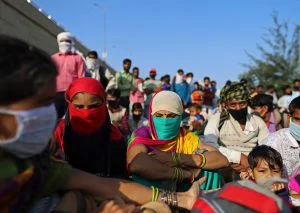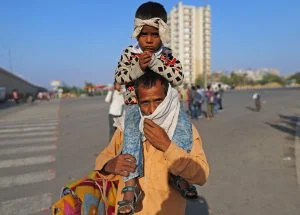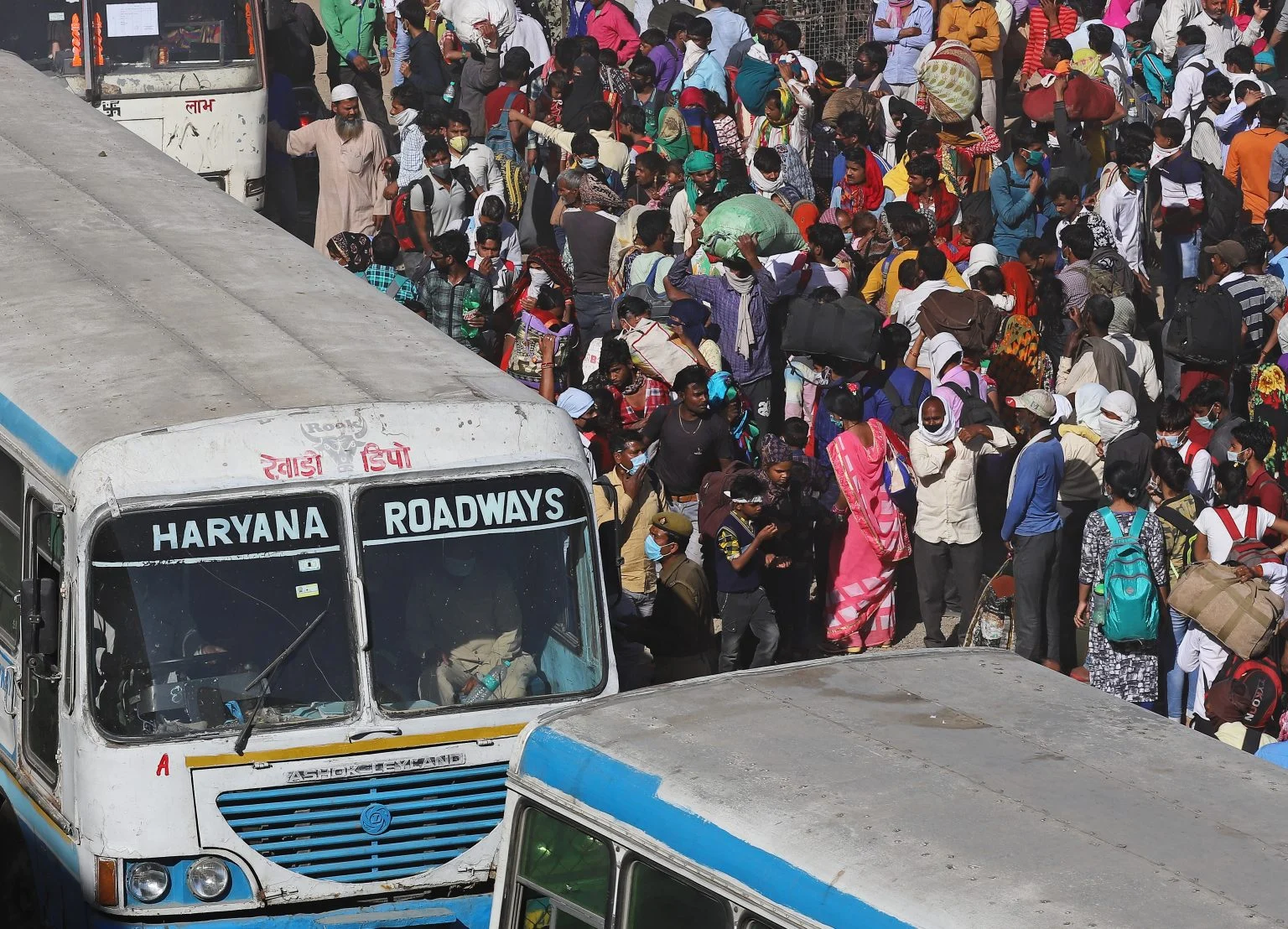As the coronavirus continues to spread and confine people to their homes, many are filling pages with their experiences of living through a pandemic. But how would a person sharing a tiny shanty with 10 people in a slum talk about self-quarantine? How can one explain hand hygiene and social distancing to a manual scavenger? How do you tell an Adivasi, who struggles for one meal a day, to prioritise soap and hand sanitizers? How do you educate a tuberculosis survivors about cough etiquette?
A majority of people in the developing nations live below the poverty line. They are deprived of basic amenities, such as access to health, education, housing, food, security, employment, justice and equality. Social distancing is something that they cannot afford.
On March 24, 2020, the government announced a three-week nationwide lockdown to contain the spread of the new coronavirus in the country. While the infections continue to skyrocket, most vulnerable sections of the society have lost their livelihoods. These people, most of whom are urban poor are making a beeline for their villages on foot, without food, water or shelter.

While the lockdown was a necessary step in containing the infection, the blanket closing of state borders have disrupted in the supply of essential goods, leading to hoarding, inflation and panic buying. Thousands of homeless people are in need of protection.
Historically, pandemics have created long-term economic challenges. This time too, economists have predicted that the restricted travel, ban on public gatherings, and work from home will force the informal sector workforce to lose wages. Small shop owners and factory workers will suffer losses reminiscent of recession. Families of daily-wage earners have been forced into poverty, children into malnutrition and workers into unemployment.
During this pandemic it’s time for all of us to work together with Central and State health departments and NGO’s who are continuously striving to reach out to millions of vulnerable communities and raising awareness on the importance of hygiene and social distancing to stay safe. OneStage has initiated several partnership campaigns with the corporates to fight against COVID-19 spread in India. Under prevention and precaution drive vulnerable communities are provided with preventive kits and food are being supplied to poor migrant workers.

The government has also called upon NGOs to lend a helping hand to mitigate the crisis. Covid-19 is one of the biggest global health emergencies of the century. It will have severe economic consequences. Recovering from the aftermath of Covid-19 pandemic would require concerted efforts by the government, private sector and NGOs. Philanthropy can work wonders in times of such crises
Disclaimer-‘Views and ideas expressed in the article are the author’s own’
Search
Categories
Recent Posts
- A brief visit to a project site in Gurugram
- How was OneStage born?
- ‘The plight of people moved me, and the heroic efforts of frontline workers inspired me to support COVID Relief work’
- 7 ways to take care of your Mental Health during the pandemic
- 5 things you must keep in mind before forwarding information on COVID












.png)

.png)

